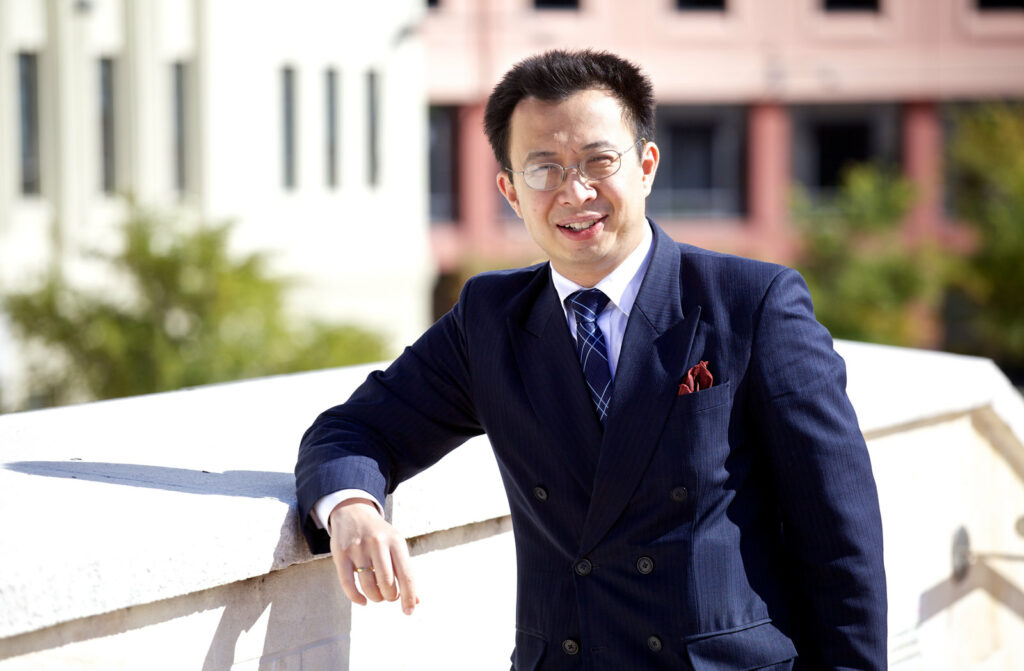Authentically You, a life and career coaching business in Wellington, New Zealand, has just launched. We’ve had a hand in the design and website development (where it had to be Wordpress and easy to manage), and it’s also been our task to get it on to the search engines. I was very surprised that […]
Read More… from A new website goes up—and Yandex beats them all
